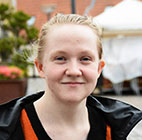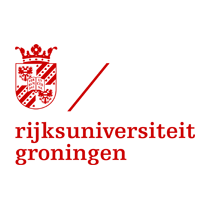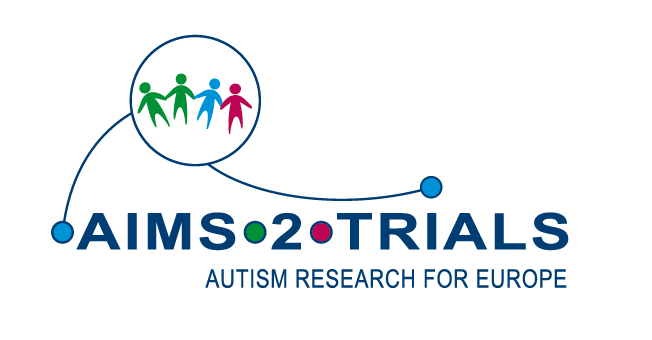University of Groningen
Groningen Institute of Evolutionary Life Sciences (GELIFES), Rijksuniversiteit Groningen, Groningen, The NetherlandsGeneral Information
The Groningen Institute of Evolutionary Life Sciences (GELIFES), University of Groningen (RG) fills a special niche in the field of life sciences that not only covers mechanistic, evolutionary and ecological approaches, but also specifically aims at the integration of these fields to provide a full understanding of fundamental biological processes. Evolution on a long-time scale has shaped the regulatory mechanisms acting on short time scales that determine the potential and limitations of adaptive capacity. This is relevant for understanding the prevalence and treatment of diseases, including neuropsychiatric disorders, such as autism spectrum disorders, as well as individual differences in aging and health that determine the scope for personalised medicine. In turn, the nature of these mechanisms determines the potential, direction, speed, and limitation of evolutionary change. This is important, e.g. for understanding speciation and changes in biodiversity, predicting effects of global change, and brain adaptations to cope with environmental challenges.
Role in AIMS-2-TRIALS
We will test the hypothesis that sensory differences during development disrupt sensory processing in the cerebral cortex, leading to subsequent cognitive and behavioural changes.
In addition, in a direct collaboration with King’s College London (KCL), we will explore the hypothesis that hyperactivation of cortico-striato-thalamo-cortical circuits during development underlies stereotypies and repetitive behaviours.

Martien Kas
Professor

Robbert Havekes
Assistant Professor

Remco Molenhius
Postdoctoral Researcher

Emma Wams
Postdoctoral Researcher

Iris Riemersma
PhD Student

Freja Gam Østergaard
PhD Student








